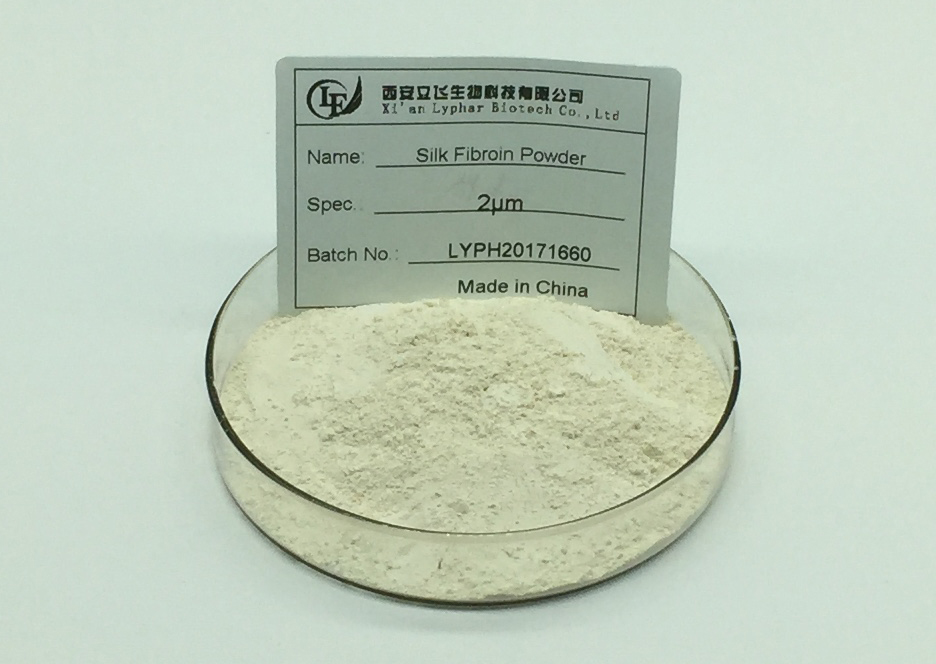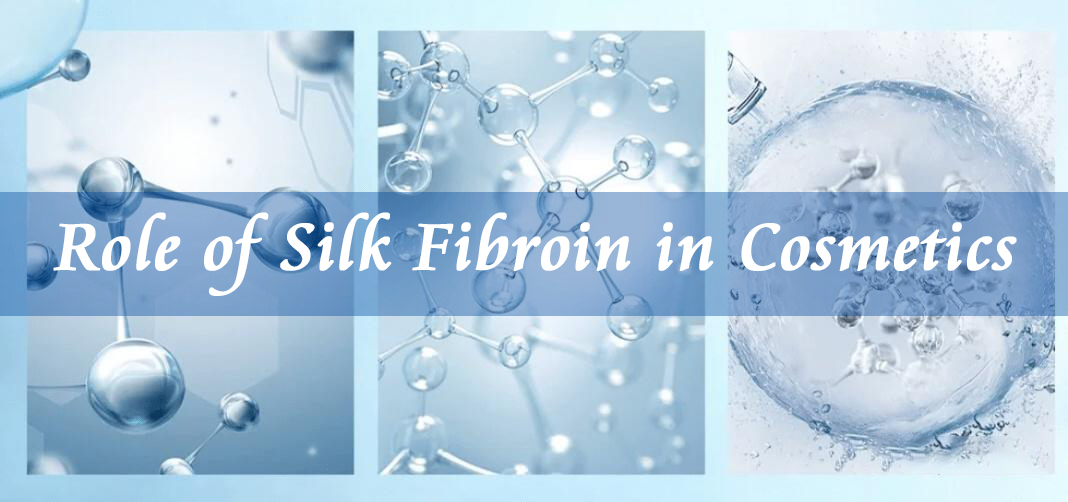Silk fibroin is a protein derived from silk, commonly used in various biomedical applications such as drug delivery, wound healing, and tissue engineering. Although it is generally considered biocompatible, there are some potential adverse effects, especially with long-term or excessive exposure. These include:
1. Immune Response
- Allergic Reactions: Some individuals may develop allergic responses to silk fibroin, leading to skin irritation, rashes, or more severe reactions like anaphylaxis in rare cases.
- Inflammation: The body may mount an inflammatory response to silk fibroin, particularly in cases of implantable biomaterials. This can lead to swelling, pain, and prolonged inflammation at the site of application.

2. Toxicity
- Cytotoxicity: High concentrations of silk fibroin or degradation products may exhibit cytotoxic effects on certain cell types, particularly if the material is not fully purified or if it degrades into harmful byproducts.
- Degradation Products: If silk fibroin is used in biomedical devices, its degradation products over time may induce toxic effects, depending on the rate of degradation and how the body handles the byproducts.
3. Infection Risk
- Wound Infections: As silk fibroin is used in sutures, scaffolds, or other wound-healing materials, improper use or contamination can increase the risk of infections. Its porous nature may provide a medium for bacterial growth if not sterilized correctly.
4. Chronic Inflammation
- Fibrosis: Prolonged implantation of silk fibroin-based materials in tissues may result in excessive fibrous tissue formation (fibrosis), particularly if the material doesn’t degrade or integrate well with surrounding tissue.

5. Allergic Sensitization
- Repeated exposure to silk fibroin or its derivatives, especially in industrial settings, could lead to sensitization, making individuals more prone to allergic reactions in the future.
Overall, silk fibroin is typically regarded as a safe material for medical applications, but as with any biomaterial, careful consideration of individual patient conditions, proper sterilization, and monitoring during use is important to minimize adverse effects.
